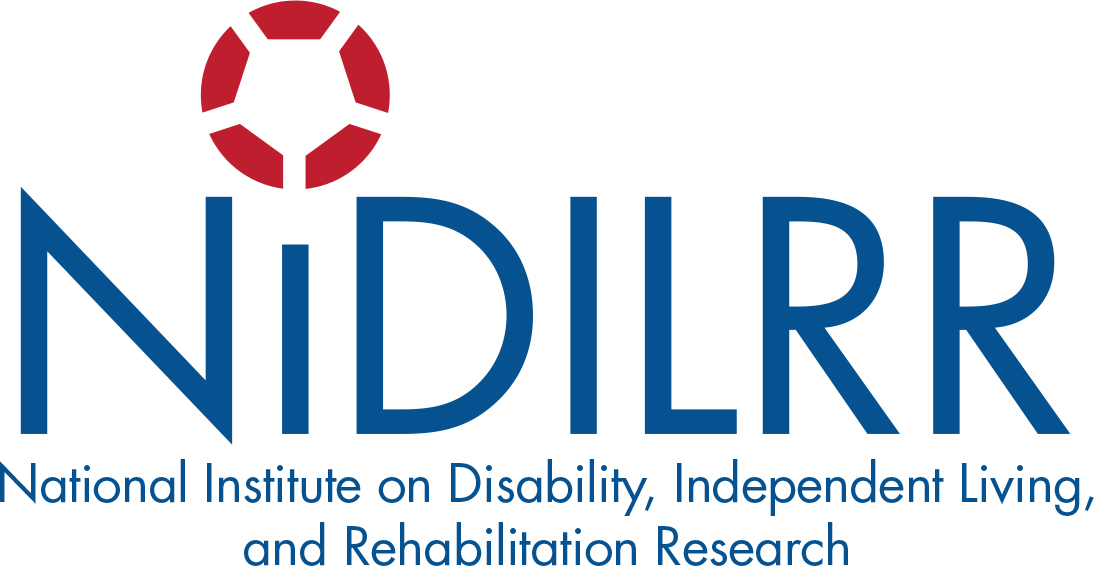TBI InfoComics are written to be accessible to people who may have memory issues or trouble reading large blocks of text. They present the most vital and up-to-date information about physical, cognitive and emotional issues of concern for people with TBI. The InfoComics are made available through a collaboration between the Model Systems Knowledge Translation Center (MSKTC),the TBI Model Systems of Care, and the University of Washington TBI Model System.
All InfoCmics are in PDF and free to print and disseminate for educational purposes.
Understanding TBI - Part 1
This comic helps explain some common therapies that may help after TBI. Spanish version (en español)
Understanding TBI - Part 2
This comic includes information TBI and tips about adjusting to home life after TBI. Spanish version (en español)
Understanding TBI - Part 3
This comic describes recovery and healing over time and provides some strategies for managing TBI. Spanish version (en español)
Emotional Changes After TBI
This comic includes information about emotional changes after TBI and how to find support. Spanish version (en español)
TBI and Sleep
This comic includes information about sleep problems after TBI and how to improve your sleep. Spanish version (en español)
TBI and Headaches
This comic helps explain the types of headaches that occur after a TBI and it provides a way you can keep track of your headaches. Spanish version (en español)
TBI and Chronic Pain: Part 1
Pain is an unpleasant sensation that can range from mild to severe. Spanish version (en español)
TBI and Chronic Pain: Part 2
After TBI, it is common to have a variety of different emotional and cognitive issues. Pain can make these problems worse, and these problems can make pain feel worse. This comic helps to explain the common effects of pain and what you can do about them. Spanish version (en español)
TBI and Chronic Pain: Part 3
A TBI can cause damage in the brain or to the nerves that makes muscles not respond as they should. This is called spasticity. This comic explains spasticity and what can be done to improve symptoms of it. Spanish version (en español)
TBI and Chronic Pain: Part 4
After a TBI, it is common to experience anxiety. Anxiety is closely related to pain, and each can make the other worse. This comic explains the relationship between pain and anxiety and demonstrates strategies to help. Spanish version (en español)
